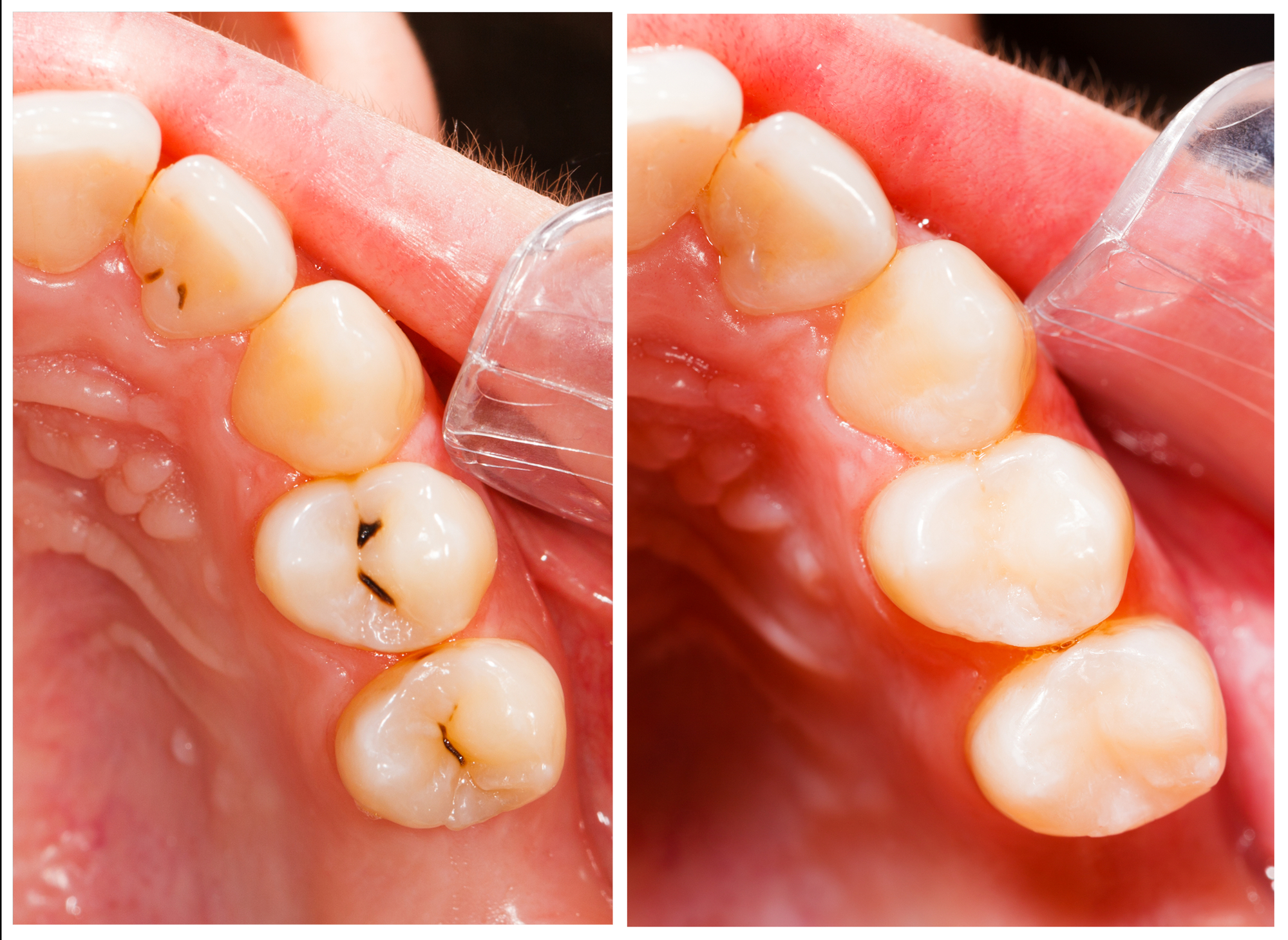
Our teeth play an important role in our lives. They help us speak, bite, chew, and smile. But, if damage or decay sets in, then our teeth are likely to weaken over time. And, when our teeth are weak, our oral health suffers. Luckily, restorative dentistry options (like teeth fillings) are an excellent way to repair a damaged smile while also enhancing your oral and overall health.
Serving patients in Woolgoolga and Coffs Harbour, NSW, the family at Magic Smiles Dental and Implant Centre is here to repair and restore your smile. From dental fillings to dentures, we have it all. So, don’t wait for damage or cavities to get worse–contact our team today to schedule an exam.
One way that our talented dentists can address dental damage and decay is with tooth fillings (also called dental fillings). In this post, our team tells you everything you want to know about fillings.
What are tooth fillings?
As the name suggests, dental fillings clog (or fill in) areas of weakness caused by disease, injury, or overbrushing.
Oftentimes, we use fillings to prevent cavities from spreading further. Other times, however, we may use tooth fillings to strengthen weak teeth or cover damage (like fracture lines, chips, and cracks).
Whatever the case, dental fillings are a remarkably versatile, safe, and effective way to repair a damaged smile.
What kinds of dental fillings are there?
Dental professionals can use many different materials to fill in cavities or pits, such as:
- Gold
- Silver amalgam
- Porcelain
- Composite resin
At Magic Smiles, our team strongly recommends composite resin dental fillings. These types of fillings are tooth-colored, which allows patients to seamlessly repair their grins. Furthermore, composite fillings:
- Require less preparation
- Are more biocompatible than metal fillings
- Can address more dental issues (especially in the front teeth)
Does it hurt to get a tooth filling?
During treatment, patients should not feel any pain. We completely numb the treatment site before injecting local anesthesia to eliminate pain during the procedure. However, patients may still feel some light pressure during their treatment.
If you feel even the slightest bit of pain, please let us know. Your comfort is our number one priority!
How long does a dental filling last?
Depending on the material used, dental fillings may last for several years. For example, gold, silver, and porcelain fillings may last for 15 years, while composite resin fillings may last for only ten years.
Regardless of which material you choose, you can ensure and lengthen the lifespan of your filling by:
- Conducting daily oral hygiene practices (like twice-daily brushing and once-daily flossing)
- Limiting troublesome behaviour (like opening packages with the teeth or munching on ice)
- Visiting a dentist every six months for a routine exam and cleaning
Ask Us If Tooth Fillings Are Right For You
Have more questions about restorative dentistry? No problem! Contact the friendly team at Magic Smiles Dental and Implant Centre today. We’ll gladly help you choose treatments that fortify your smile without sacrificing your comfort or budget. Just send our team a message here to get started!

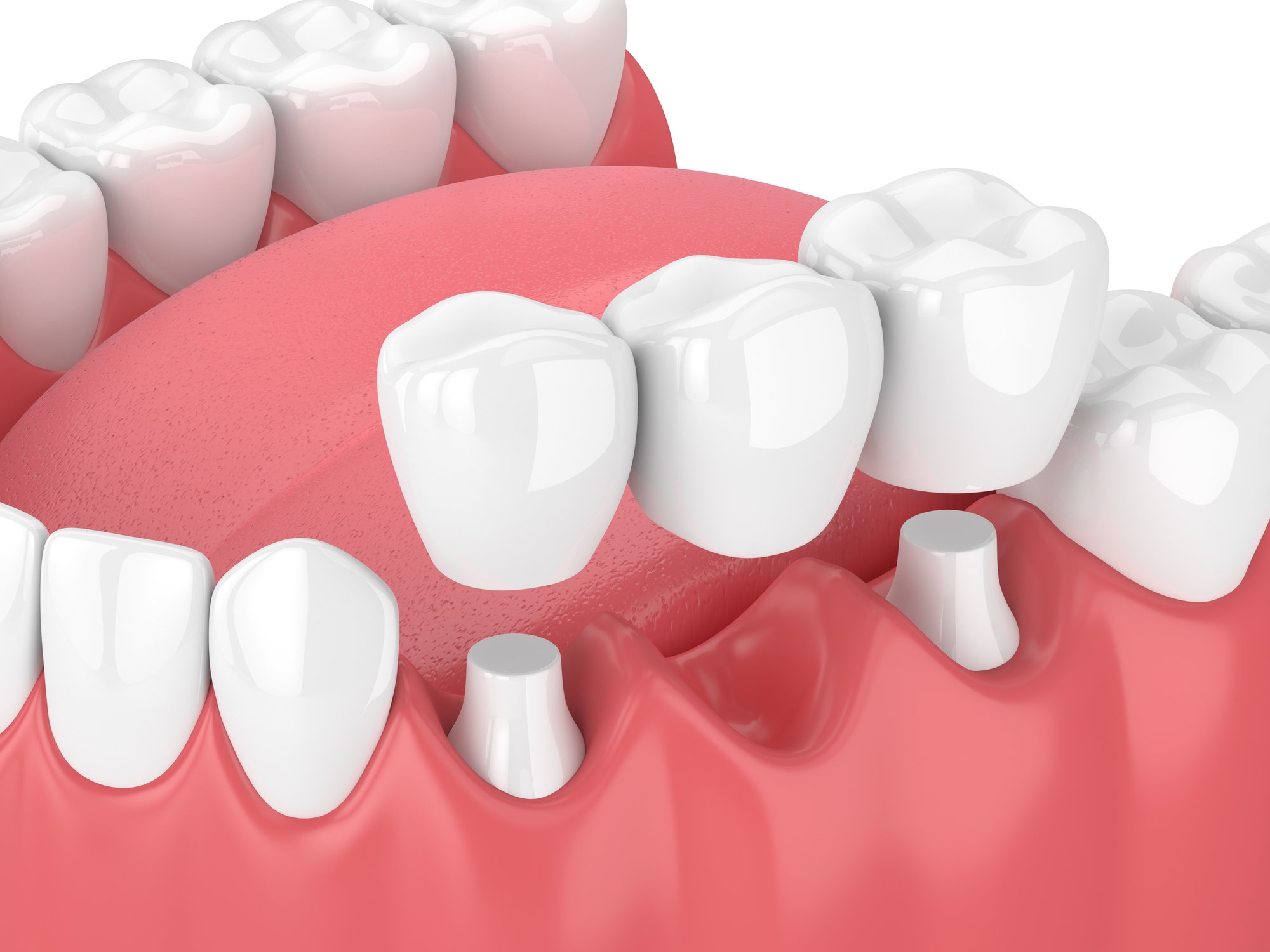
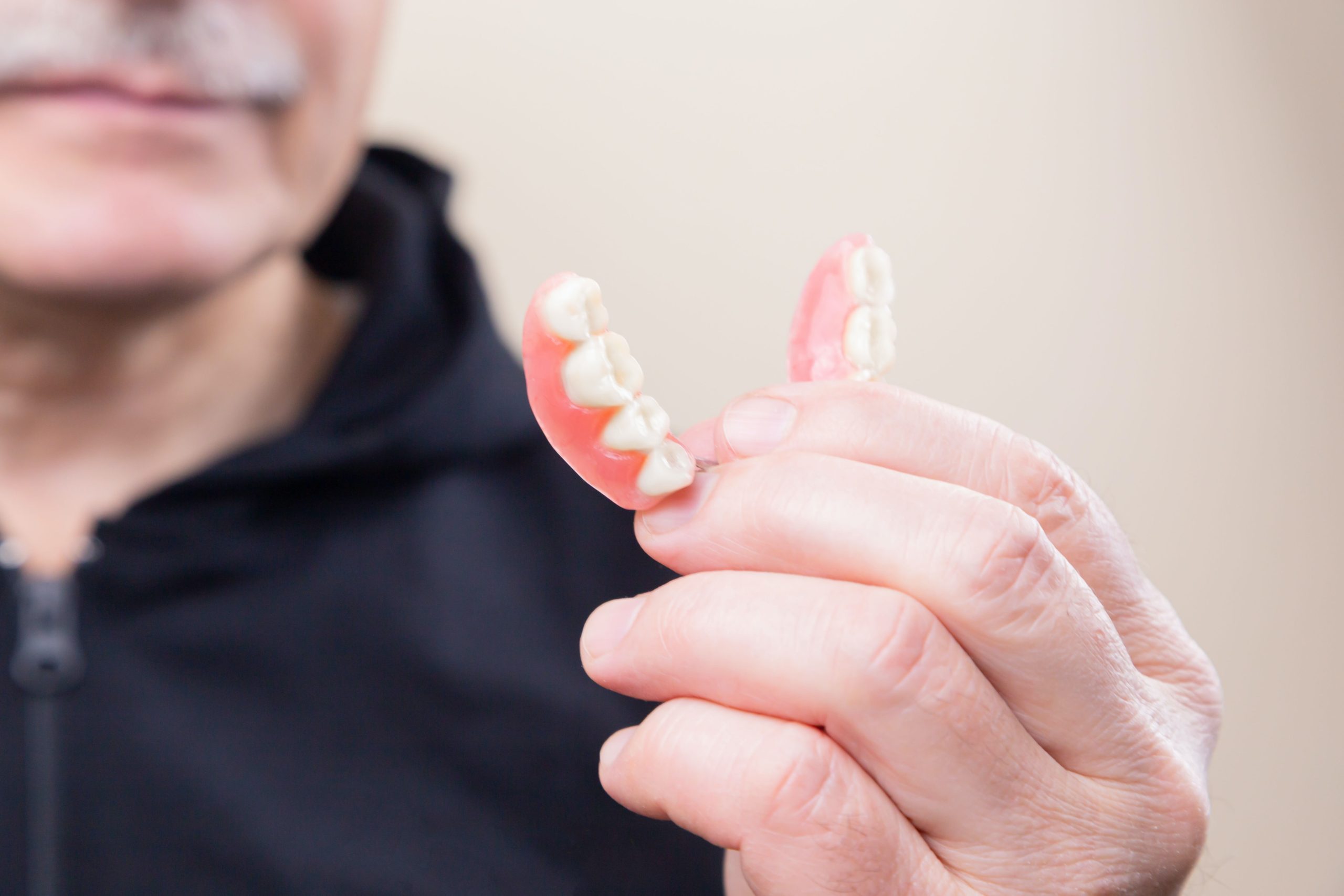
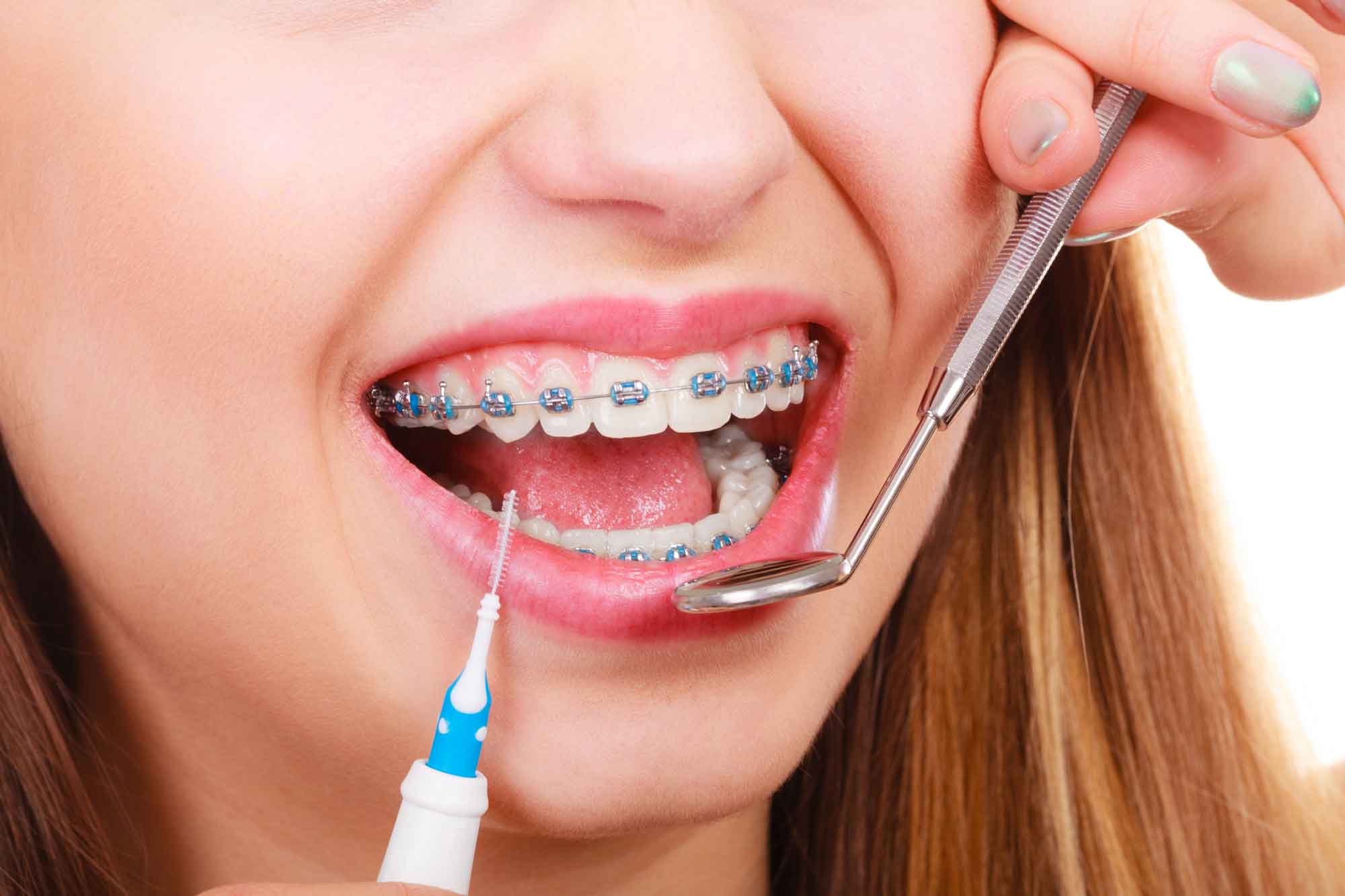


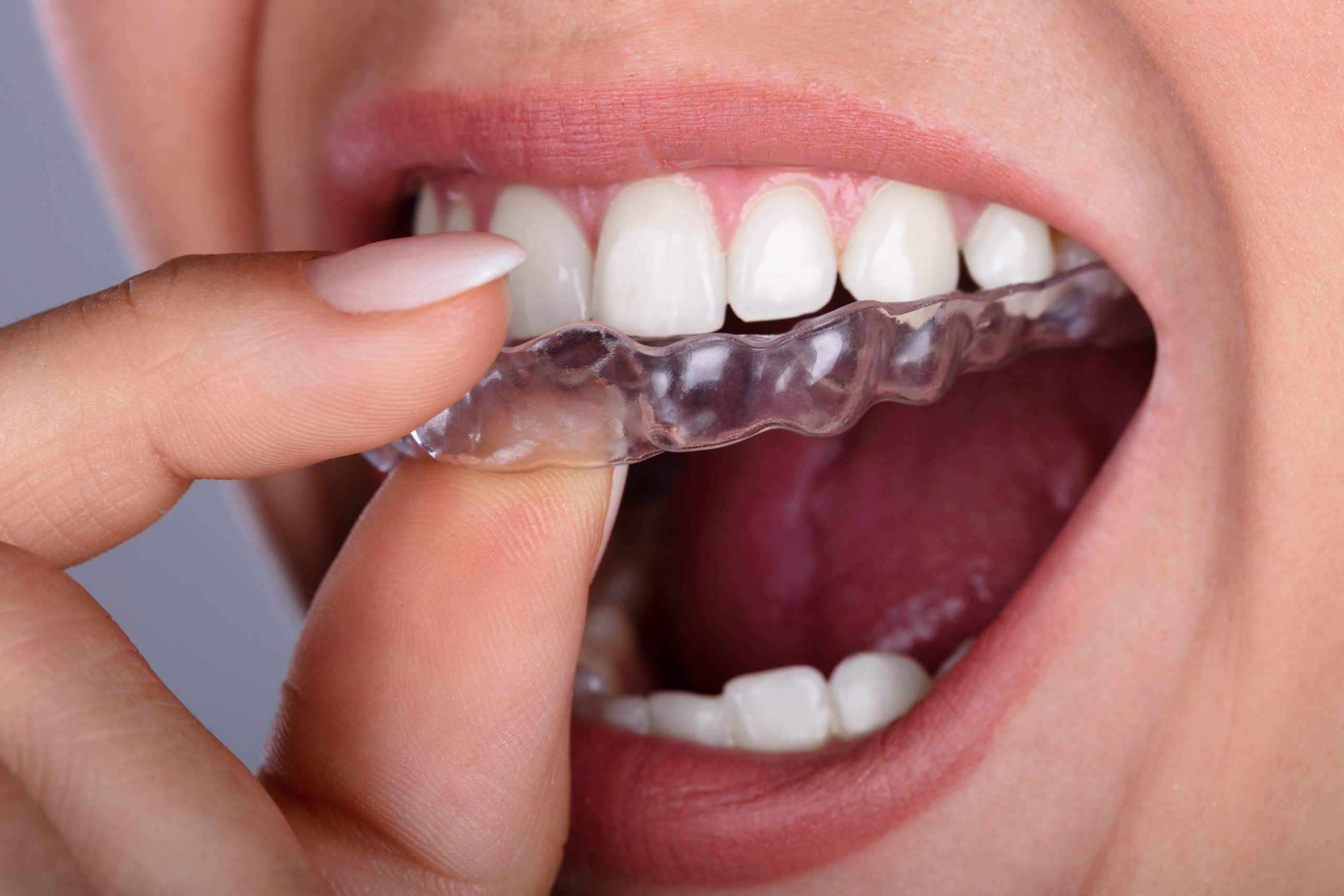
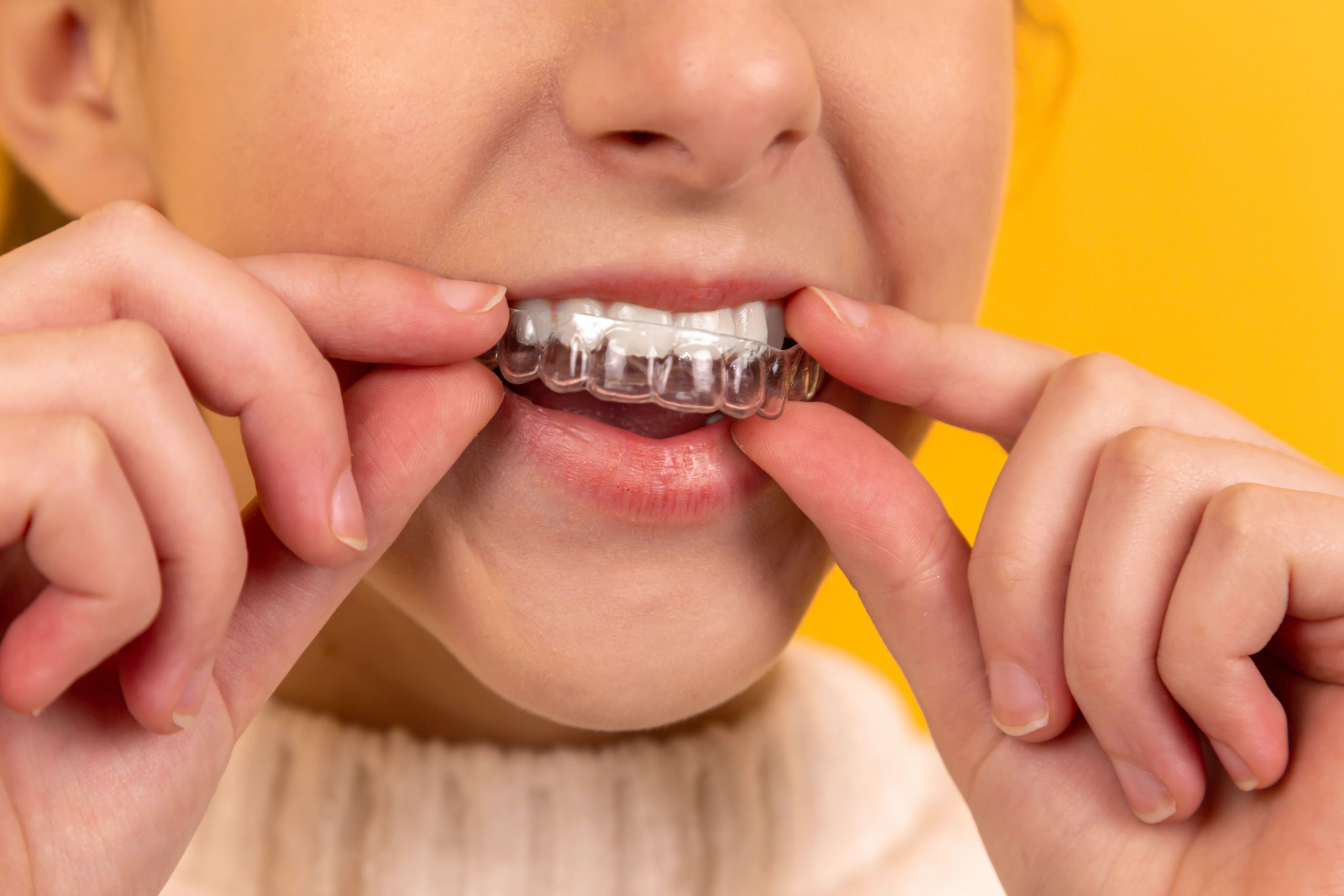




Recent Comments